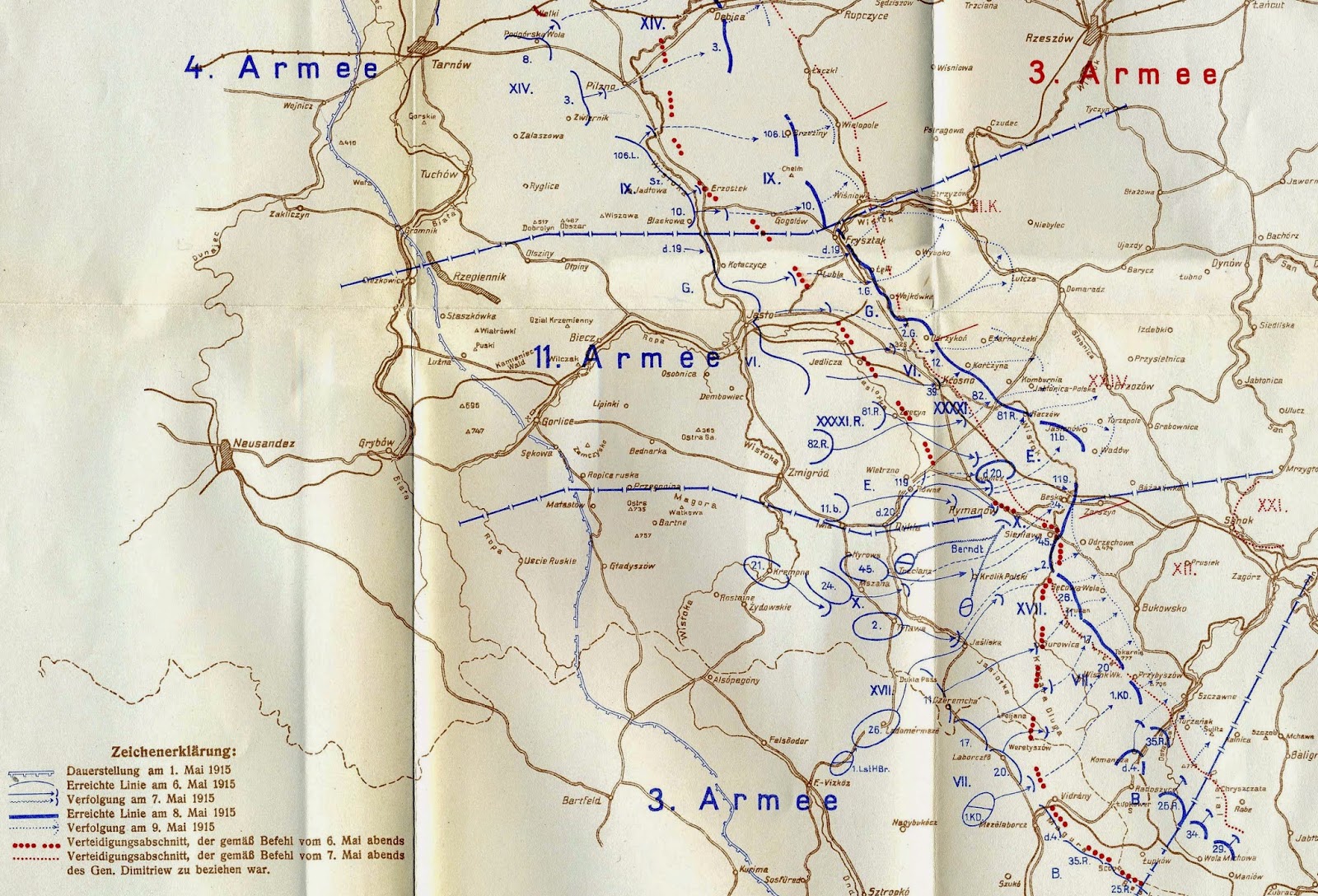Today, after several months of testimony and discussion, the committee publishes its findings in what is known as the Bryce Report, which consists of commentary on the overall nature of the German occupation and then appendixes with eyewitness testimony. The report as a whole is a damning indictment, and rightly so - by any reasonable definition the German army did commit what we would consider war crimes in Belgium in August 1914. The devil, however, is in the details. Most of the evidence used by the committee consisted of eyewitness testimony from Belgian refugees who had fled to Britain after the fall of Belgium. Not only was there no way to verify the accuracy of their testimony, given the enemy occupation of their country, but the committee also was not keen to investigate too closely, lest the evidence they needed be undermined. All on the committee, Bryce included, considering the German invasion of Belgium a crime, and thus they wished to avoid a report that in any way 'whitewashed' German occupation. In doing so they have certainly produced a compelling and devastating report, but have also included a number of stories that later investigation will show to have been partial or complete fabrications - there were no bayoneted babies, contrary to popular belief. In essence, the committee decided that they would not quibble about specifics, lest it might undermine the general case the report was to make.
The public perception of the Bryce Report, however, is that is has been a rigorous investigation of the evidence, and that details were only included if they were deemed reliable. In this the reputation of Bryce for even-handedness contributes to the sense that the report is balanced and fair. This makes the Report's impact all the more devastating precisely because it is largely not seen as propaganda. The German report of the 10th disappears from the public mind, and the Bryce Report holds the field, not only in the Entente but in neutrals as well.
- This morning General d'Urbal of the French 10th Army meets with his corps commanders to refocus the ongoing offensive in Artois. He decides to focus on seizing the ruined villages of Souchez and Neuville, and instructs XXXIII Corps to clear Carency before advancing on Souchez, with XX Corps to the south moving on Neuville and XXI Corps to the north clearing Notre-Dame de Lorette. A series of French attacks this afternoon, however, fail to make noticeable progress, though a German counterattack in the early evening south of Souchez also fails. As night falls, however, elements of XXXIII Corps occupy what remains of Carency as the Germans fall back towards Souchez. Feeling the situation perilous, the commander of the German XIV Corps orders the construction of a new trench line running from the Lorette spur to the church at Ablain and south to Souchez as a fallback position.
 |
| The German line north of Arras, May 12th, 1915. Note Carency to the west of Souchez, captured today by Pétain's XXXIII Corps. |
Meanwhile Joffre and Foch meet today with Sir John French, and the French generals complain about the decision to call off the British offensive at Aubers Ridge just a day after it had begun. From Joffre's perspective the British decision has placed the French offensive in Artois in jeopardy, as since the 10th two German divisions have moved south to contest the French advance. Joffre and Foch manage to extract from the BEF commander a promise to take measures to more actively support the French, either by relieving French divisions or by attacking German positions.
- With the Russian armies retreating to the San River in Galicia, the advancing German and Austro-Hungarian armies are able to reach today's objectives with minimal fighting. The leadership of the two armies, meanwhile, meet today at Pless in Silesia, where the Kaiser has made his headquarters, to discuss the next phase of the operation. It is agreed that once again the German 11th Army will undertake the primary offensive, attacking on both sides of the town of Jaroslau and securing a bridgehead over the San River north of Przemysl. To the south the Austro-Hungarian 3rd Army will cover Przemysl itself, which, despite damage in the spring, may yet constitute a strongpoint in the Russian line. Further south the Austro-Hungarian 2nd Army and Südarmee will pursue the Russians as they fall back from the Carpathians, while the Austro-Hungarian 4th Army will cover the northern flank of the Germany 11th Army up to the Vistula River.
Also today, south of Dukla a small group of officers from the former Russian 48th Division, including its commander General Kornilov, are captured today.
- This morning in east Galicia elements of the Russian XXXIII Corps occupy the town of Horodenka, which had just hours before been abandoned by Austro-Hungarian units that had been battered after three days of constant fighting and reduced to less than half strength. The loss of Horodenka unhinges the Austro-Hungarian defence, and effectively turns the flank of the right wing of 7th still holding the Dniester River to the east. Reluctantly General Pflanzer-Baltin orders these forces to retreat south to the next river line along the Pruth.
- Today the Italian cabinet meets in Rome for a decisive session. As Prime Minister Salandra declares, the time has come to decide between peace and war, and he drops any pretence of 'choosing' between two offers and instead openly advocates for war against Austria-Hungary. Not everyone in Cabinet is fully convinced, however, and there remains the issue of parliamentary support. Salandra pledges to consult party leaders about intervention, though he believes the responses will tend towards neutrality.

